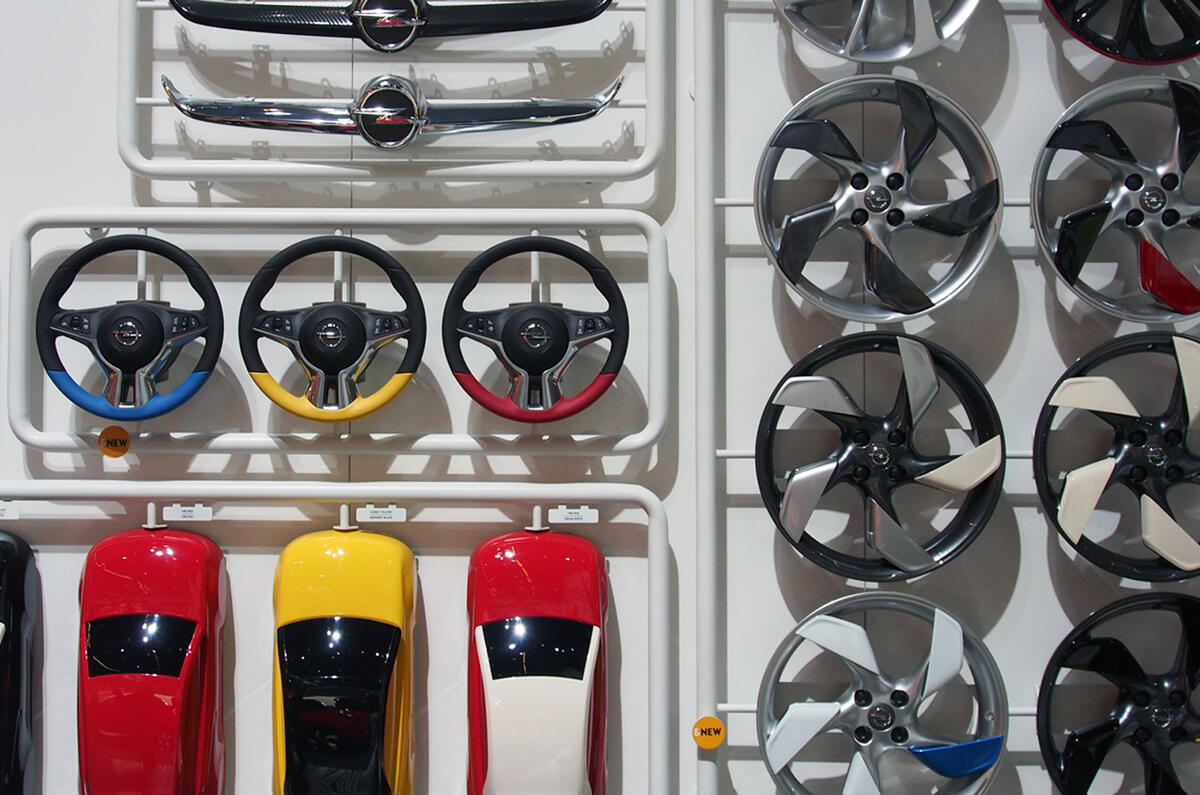Wandering around the vast halls at the Frankfurt motor show, it didn’t take long for one big trend to become apparent. Many of Europe’s hard-pressed mass-makers are on a mission to head upmarket. Here’s why.
There are two giant hurdles in front of companies including Peugeot-Citroën, Vauxhall-Opel, Ford of Europe and Renault’s European operations, among others. Firstly, the European new car market has slumped from around 16 million vehicles in 2007 to an expected 13 million in 2013.
This has led to massive over-capacity and under-utilized factories, which in turn leads to unprofitability. According to a report this week by Alixpartners, only 60 per cent of European car factories are operating at over the minimum profit-making capacity of 70 per cent. That means around 40 per cent of factories are loss-making before the manufacturer faces the next hurdle.
Pricing pressures on the mass-market brands have also become unsustainable. While the premium brands can (mostly) demand near full retail pricing, they also benefit from a healthy take-up of highly profitable optional extras by customers, the mass-makers are engaged in a hard-fought market, which sees cars as discountable consumer durables.
And even if your factory can produce a supermini at a small margin of profitability, the dealer may not be able to move the metal without discounts on the sticker price. No wonder, then, that Ford’s European arm expects to lose £1.2bn this year. Although both GM and PSA have managed to make big reductions on their 2012 losses, the Americans will still probably lose around £500m in Europe in 2013 and PSA around £700m.
Most industry bosses think 2013 marks the bottom of Europe’s falling new car market. The problem is that few are predicting an upturn anytime soon. Indeed, the new Seat boss Jurgen Stackman told Autocar that it is possible the European market would never return to its peak.
Moreover, VW boss Martin Winterkorn said at Frankfurt that the European car industry needs to cut capacity by another three million units – ‘around 10 factories’ – over the next few years, suggesting that he doesn’t expect the European market to bounce back. PSA boss Phillipe Varin also told reporters at Frankfurt he was looking for more reductions in manufacturing capacity.





Join the debate
Add your comment
-
This much is true but the car makers already have the lower volumes through poor sales. The problem now is their factories were established to meet the demands of a market that has long since moved on. Ford has already begun closing factories, hence the new Mondeo delay, and a few others will have to follow suit. Better to have 3 factories running at near 100% than 5 factories dawdling.
Reducing capacity won't help
Reducing production to avoid over-capacity is fine, but here's the catch, development costs of new models are so massive now that the cars simply can't make money in lower sales volumes.
Hence why Hilton talks about them going upmarket to charge you more for the same, or worse yet, less.
Except...nobody is fooled (except buyers of base-model premium marques), so what next?
The new 308 is a lost
The new 308 is a lost opportunity - how could they have made it so cramped in the rear for a Golf rival? And to drive a new Auris is probably more desirable as well.
Peugeot will never learn - for all the potential virtues of a new platform the new car is sadly style over substance.
RIP.